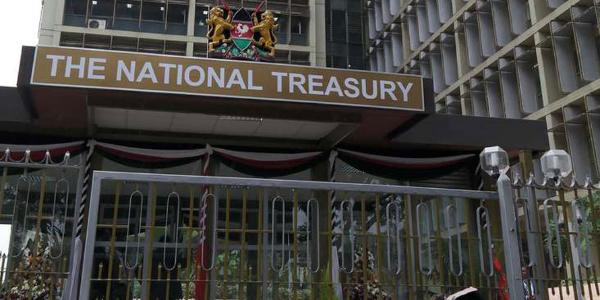Officials say there is need to harmonise marketing initiatives if we are to keep tourists coming again.
The revelation comes as a global ratings agency warned that the government “will continue to face liquidity pressures” due to a combination of large financing needs and an increased reliance on sources of financing with less predictable costs, in particular commercial external borrowing and short-term domestic debt.
Moody’s noted that Kenya’s first Eurobond payment of $750 million (about Sh75.9 billion) (1 per cent of forecast GDP) is due in June next year, followed by a second $2 billion (Sh202.6 billion) Eurobond maturing in 2024.
Moody’s last week downgraded Kenya’s credit scores, citing pressure from the country’s rising debts but Treasury has disputed the ratings citing “strong fundamentals.”
Treasury says it is engaging international investors that Kenya owes money to ensure looming debt obligations are managed effectively without exposing the country’s coffers to liquidity pressures.
“The risk of financing stress will increase as more commercial external borrowing, denominated in foreign currency, begins to mature over the next few years, particularly in an environment of rising global interest rates and a number of sub-Saharan African sovereigns seeking refinancing at the same time,” said Global rating agency Moody’s last week.
“A syndicated loan originally taken out in 2015 and worth $750 million was extended by six months in October 2017, with 90 per cent of investors agreeing to extend the maturity to April 2018,” added Moody’s.
“The increase in short-term domestic debt, to 9.4 per cent of GDP at the end of FY 2016/17 from 3.3 per cent of GDP five years ago.
